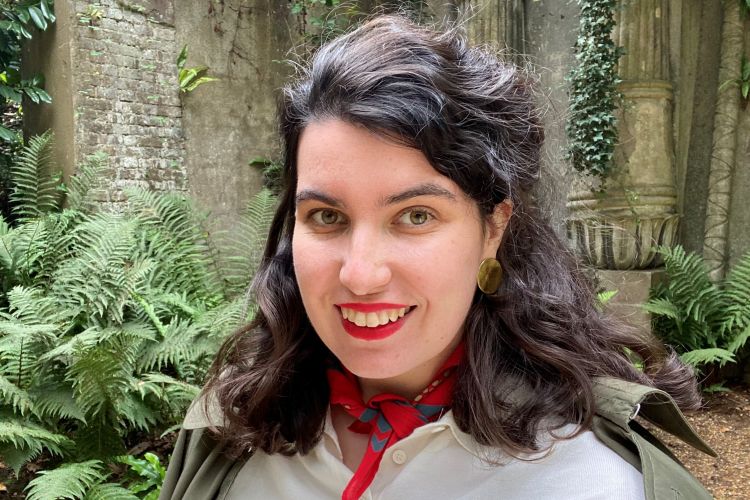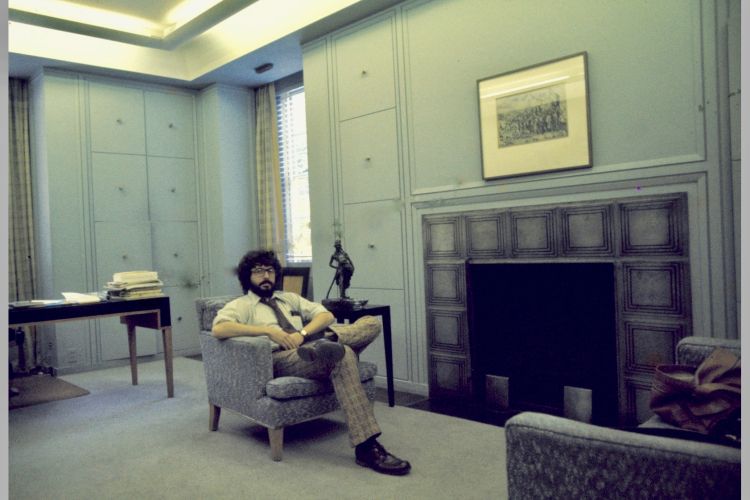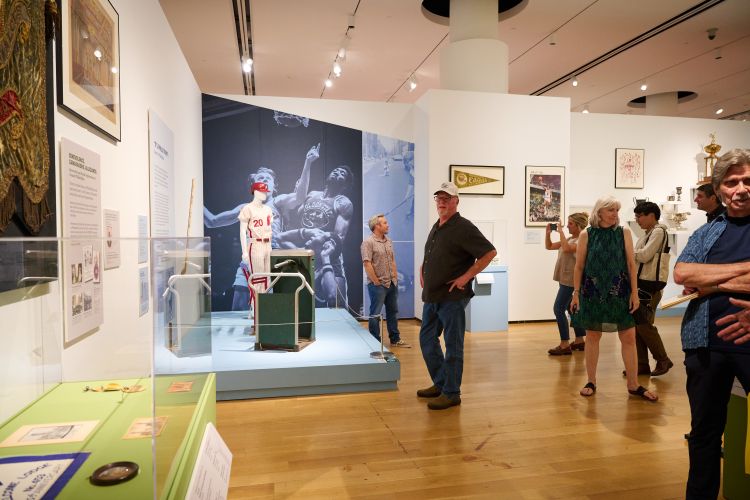PAFA Announces New Acquisitions to Permanent Collection
PAFA Announces New Acquisitions to Permanent Collection
Works by Lynch, Bierstadt, de Haas, Moran, Bradford, Coe, Maisel
join PAFA's esteemed collection of American art
PHILADELPHIA (September 11, 2015) – The Pennsylvania Academy of the Fine Arts (PAFA) is thrilled to announce a diverse array of new acquisitions aimed at the continued strengthening of its renowned collection of American art.
The most recent purchases include Albert Bierstadt’s oil on paper on canvas Niagara (1869); William Frederick de Haas’ oil on canvas Biddeford Beach, Coast of Maine (1875); Thomas Moran’s oil on canvas Two Women in the Woods (1870); Katherine Bradford’s oil on canvas Approaching Ship (2013); Sue Coe’s etchings portfolio The Tragedy of War (1999-2000); David Maisel’s C-print The Lake Project 15 (2001); and David Lynch’s breakthrough student work Six Men Getting Sick (1967).
The latest group of acquisitions represents the continuation of PAFA’s ongoing mission to expand and diversify its permanent collection through gifts and purchases, including its holdings of Hudson River School artists and works by women and African-American artists.
The purchases are being paid for by a combination of proceeds from collections endowments and dedicated collections funds. PAFA will continue its ongoing efforts to build relationships with major national collectors of American art through loans and collector-specific programs.
“These acquisitions reinforce our continued dedication to telling the full history of American art,” said Harry Philbrick, Edna S. Tuttleman Director of the Museum.
Six Men Getting Sick, the first work in which Lynch used film, represented a turning point in his creative life. The hybrid artwork, made while Lynch was a student at PAFA, was his attempt to make a “moving painting” and pointed him toward a new way of working. The piece is an integrated painting, 60-second looped film, sculpture, installation, and sound piece that set the tone for the kind of work Lynch would pursue—not film alone, but a unified vision of multisensory experience working together.
Niagara, the first work by Bierstadt to be purchased by a major Philadelphia museum, is a classic example of the tradition of the American sublime, as well as an exemplary example of a 19th-century painted sketch, noted Anna Marley, Curator of Historical American Art. She added that Two Women in the Woods represents PAFA’s only painting of a Wissahickon landscape and Biddeford Beach is a fitting addition to the museum’s outstanding collection of works depicting Maine by artists including Winslow Homer and Emily Brown.
Robert Cozzolino, Senior Curator and Evelyn and Will Kaplan Curator of Modern Art, said Coe’s 23 etchings that comprise The Tragedy of War are a masterwork of printmaking and, combined with a gift of an archive of Coe’s work from collectors Tom and Judy Brody, make PAFA the primary institution to study her work.
Jodi Throckmorton, Curator of Contemporary Art, noted that Bradford’s Approaching Ship provides an important through line from PAFA’s historic maritime works and its contemporary art, and Maisel’s The Lake Project 15 demonstrates the look of America’s contemporary landscape and its stark contrast to the Hudson River School’s scenic depictions.
Collecting and showing work by women and African-American artists has been part of PAFA’s history from the 19th century to the present, including the exhibition Procession: The Art of Norman Lewis opening in November. PAFA also is dedicated to purchasing and exhibiting work of contemporary artists through the Morris Gallery program, which is being relaunched in October with Mia Rosenthal: Paper Lens.
Images are available upon request.



